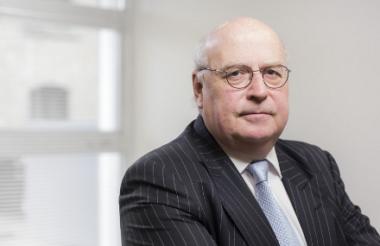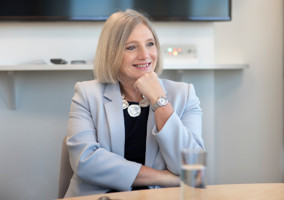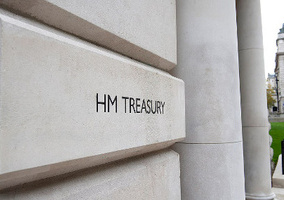Charity infrastructure bodies have welcomed a government decision to give the Charity Commission an interim funding boost, but have continued to express concerns about a plan to charge for regulation.
NCVO: ‘Charging should not replace Treasury funding’
Sir Stuart Etherington, chief executive of NCVO, said: "An effective regulator is a crucial part of the foundation for a strong charity sector. I'm pleased that the Treasury has allocated additional funding for the Commission to carry out its important regulatory work."
However he warned that charities should not pay for the core regulatory functions of the Commission.
“Yesterday’s announcement suggests that the additional Treasury allocation is for the short term only, and the Commission will in time look to charities to cover not only this same sum but also more,” he said.
“Any public debate about future funding should start with absolute clarity on the scale and cost of the Commission’s core regulatory work and of the additional activities it also wishes to undertake. Only then should we ask whether charities should make a contribution.”
He reiterated five tests set out by NCVO last year that it would use to assess charging, including that it should not replace Treasury funding, should fund additional work, and that charges should be affordable.
Acevo: ‘Disappointed at lack of long term investment’
Vicky Browning, chief executive of Acevo, said she did not support the Commission’s distinction between core regulation which should be paid for by the state, and advice and enabling which it would consult on charging for.
“We welcome the recognition by the Treasury that the Charity Commission needs additional funding to deliver its regulatory function, although we are disappointed that it has not committed to the long term investment that Acevo and many in the voluntary sector have been calling for,” she said.
“We believe prevention and support services are core functions of good regulation and that investment in such services is cost-effective in the long term. Making a distinction between ‘hard’ compliance activity and ‘soft’ enabling work is not helpful.
“We hope that the consultation process will include constructive and open discussion about the merits of both the principle and the detail of charging charities to fund the regulator’s work.”
CFG: ‘A gamble with the reputation of the regulator’
Andrew O’Brien, director of policy and engagement at the Charity Finance Group, said: “This is a good decision. We value our regulator and we are pleased that the government has increased its funding.
“However this increase blows the argument that government cannot afford to pay for regulation out of the water. Government can fund the Charity Commission if it wants to. Charging charities for the Charity Commission means gambling with the reputation and financial sustainability of the Charity Commission. So far we haven’t seen any good arguments offered on why we should take that risk.”
CAF: 'A retrograde step'
Sir John Low, chief executive of the Charities Aid Foundation, said: “It’s excellent news that the Government is providing an additional £5m a year to fund the vital work of the Charity Commission. Given the immense value of the charity sector for government and society, this small investment in regulation provides a huge return to us all.
“It is clear the Charity Commission needs funding to carry out its important work. We recognise this, but were concerned by recent suggestions that the Government might seek to siphon off donations given to specific causes and charities, whether large or small, to pay for regulation; we would consider that a retrograde step. That is why we recently laid out a range of practical alternatives – including modest increases in Government support - which would raise much needed funds and help the Commission achieve its objectives.”
DSC: 'Pressure can produce results'
Jay Kennedy, head of policy at the Directory of Social Changes, said: "The government have finally recognised the huge value of the Commission’s work with this £5m funding boost. It’s progress.
"DSC asked people to write to the Treasury to make the case and did so ourselves many times - clearly this kind of pressure can produce results. We need to keep it up.
"We’ve won this round but there are more to go. The money is temporary. We’re ready and waiting for the consultation on charging, whenever it comes."
Related articles












